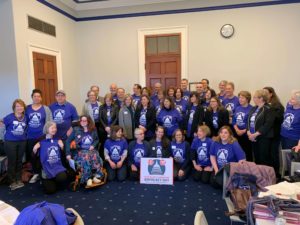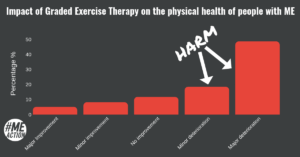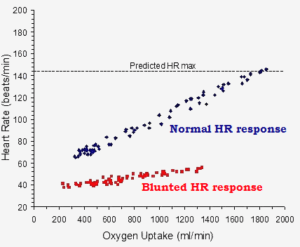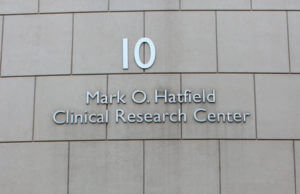
Missing No More: Improving the Lives of People with ME and CFS
Senator Jordon Steele-John has announced the Australian Greens’ policy on Myalgic Encephalomyelitis (ME) and Chronic Fatigue Syndrome (CFS), planning to commit $15 million to biomedical research, a national summit, better access to the National Disability Insurance Scheme (NDIS) and money for advocacy organisations. This policy is welcomed by the ME and CFS community in Australia. The Australian Greens










